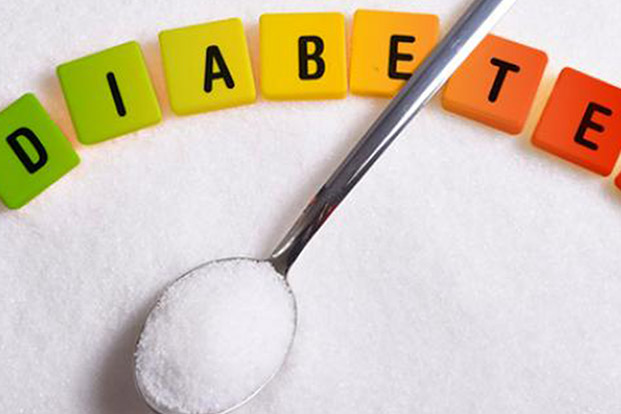Living with Diabetes
Apr 19, 2022
Diabetes mellitus is a silent chronic disorder disease, characterized by elevated blood sugar level either due to defective insulin secretion or action or both. India is expected to be the diabetes capital of the world. If you are diabetic, it is important to have a healthy lifestyle so that you can control diabetes and manage it well. Consult your treating doctor and your nutrition expert to recommend the best way to manage your life and live with diabetes.
Types of Diabetes:-
- Insulin Dependent Diabetes Mellitus (IDDM)
- Non Insulin Dependent Diabetes Mellitus (NIDDM)
- Malnutrition Related Diabetes Mellitus (MRDM)
- Impaired Glucose Tolerance (IGT)
- Gestational Diabetes Mellitus
Risk Factors associated with Diabetes :-
- Hereditary
- Obesity
- Sedentary life style
- Ageing
- Increased catabolism
- Infections
- Stress
- Maternal factors

Symptoms of Diabetes:-
- Excessive thirst (Polydypsia)
- Increased appetite (Polyphagia)
- Frequent urination (Poliuria)
- Loss of weight
- Easy tiredness
- Slow healing of cuts and wounds
Diagnostic criteria for blood sugar levels for normal persons and in pre-diabetes and diabetes:-

Complications of Diabetes:-
- Acute complications:–
- Hypoglycemia
- Ketoacidosis
- Infections
- Chronic complications:–
- Atherosclerosis
- Nephropathy
- Retinopathy
- Neuropathy
Treatment of Diabetes:-
- Diet
- Exercise
- Medicine
Guideline to control Diabetes:-
- Maintain desirable body weight.
- Eat frequent and small meal including wide range of foods.
- Consume complex carbohydrates rather than simple carbohydrates with daily diet.
- Total carbohydrates intake of the day should be 60–65% of total calories, protein should contribute 15–20% of total calories and 25-30% calories should be supplied from fat.
- Total carbohydrates can be distributed 25% in breakfast, 30% in lunch, 15% in evening snacks and 30% in dinner.
- Eat fibre rich foods e.g. green leafy vegetables, green vegetables, dalia, oat, whole- wheat flour, mixed salad, fibre rich fruits, etc with regular meal.
- Eat proteins from vegetables sources are better than from animal sources as they do not contain cholesterol and also add fibre to the diet.
- Fat from vegetables sources are better than those from animal sources. Always use different kinds of oil e.g. olive oil, canola oil, saffola oil, sunflower oil, soybeans oil, mustard oil, rice bran oil, etc.
- Add sufficient quantity of vitamin E, vitamin C, vitamin B6, zinc, chromium and magnesium that are crucial in diabetes management.
- Limit alcohol consumption to moderate amount (Avoid alcohol consumption is better).
- Improve quality of life by adopting good food habits, regular exercise & enough sleep.
- Strictly follow the prescriptions given by Dietician and Doctor (for diet and medicine).









